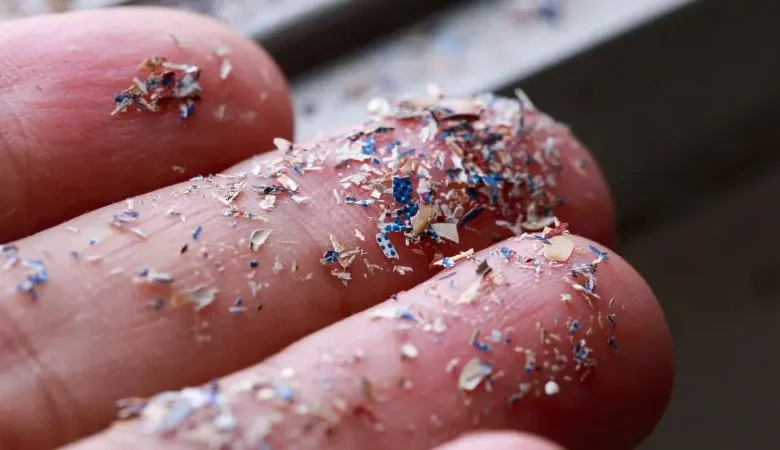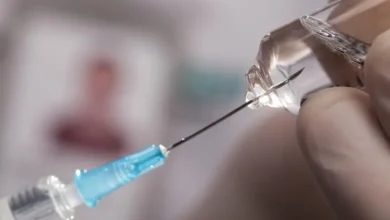Research on risks of microplastics on our health

Canada has assigned $2.1 million over three years to fund research aimed at understanding the potential risks associated with microplastics. The initiative focuses on assessing exposure to microplastics from various sources out there.
Such sources are food, food packaging, drinking water, and indoor and outdoor air. This is a joint effort by three Canadian universities: McGill, Memorial in Newfoundland, and Toronto.
The research aims to shed light on the extent of human exposure to microplastic particles and determine if this exposure can lead to harmful health effects.
Dr. Karl Jobst from Memorial University expressed growing concern about the potential toxicity of exposure to microplastics. He and his team are actively developing laboratory methods to measure it in blood, tissue samples, drinking water, and indoor air.

Preliminary data collection is underway with a specific focus on identifying if microplastics carry chemical contaminants that could be harmful to humans or not.
The University of Toronto is developing technology to characterize it in Canadian drinking water, while McGill University is contributing by innovating new methods to monitor microplastics in food and food contact materials.
While Canada has banned the manufacture, import, and sale of toiletries containing microplastic beads, exposure to microplastic particles remains unavoidable through food, water, and air consumption.
The comprehensive Canadian study seeks to fill existing gaps and provide important insights on this topic.









